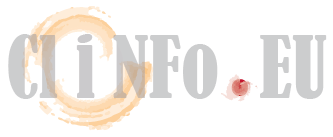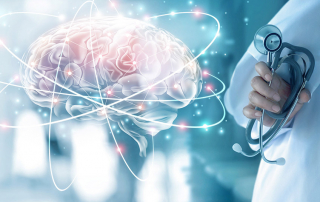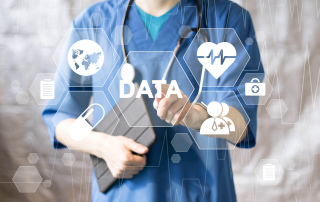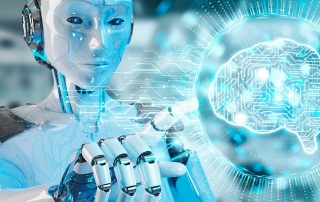2 Cents on Medicine
Clinical prediction models in the COVID-19 pandemic
Facing the world-wide spread of coronavirus disease 2019 (COVID-19) infections with hospitals overcharged and a shortage of medical equipment in several countries, diagnostic and prediction models might help to identify patients with COVID-19 and predict the likelihood of the disease outcome (e.g. severity of disease, recovery, death).
Investigator Initiated Trials (IIT)
Can they demonstrate scientific merits and align with corporate objectives? Often initiated by researchers or investigators as a part of an observation, an Investigator Initiated Trial (IIT) or Investigator Sponsored Trial is one of the kind of clinical trials that take up specific questions from clinical care, such as therapy optimization or off-label use, and are usually of no economic interest.
Move Closer to your Patients in order to Improve Recruitment
Digital solutions - such as online study portals – can bring patients, researchers, and industry closer together. Thereby, they can provide value to sponsors during the planning and patient recruitment stages of clinical trials or observational studies.
Digitalisierung im Gesundheitswesen, Teil 2
Der Mensch ist keine gefühllose Maschine, die beliebig zerlegt werden kann, um Fehler = Krankheiten und Reparaturen = Therapien einfach so zu erkennen und zu beheben. Die medizinische Forschung ist deshalb in den wichtigsten Disziplinen eine empirische Wissenschaft, also eine methodische Sammlung von Daten und daraus abgeleiteten Erkenntnissen.
Digitalisierung im Gesundheitswesen
Wir leben im Zeitalter der digitalen Revolution. Was heißt das eigentlich? Die Entwicklung der Menschheit hat 3 industrielle Revolutionen durchlaufen. Geprägt waren diese durch die unaufhaltsame disruptive Entwicklung und permanente Optimierung der Effizienz von Produktionsmaschinen
Old drugs, new tricks
Unexpected discoveries in the various stages of drug development are still rather the norm than the exception. Unexpected drug effects are not limited to only adverse drug reactions. Some effects turn out to be beneficial, or even to be an unexpected breakthrough in the treatment of another disease.






